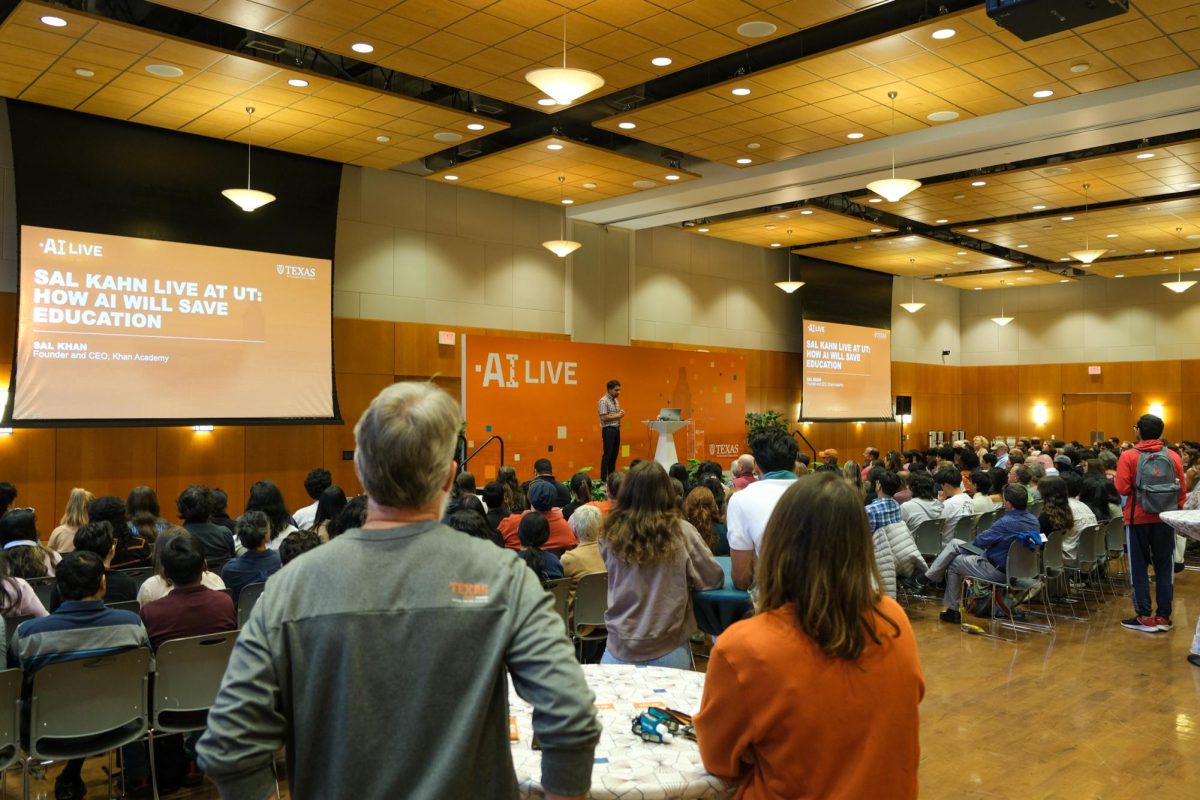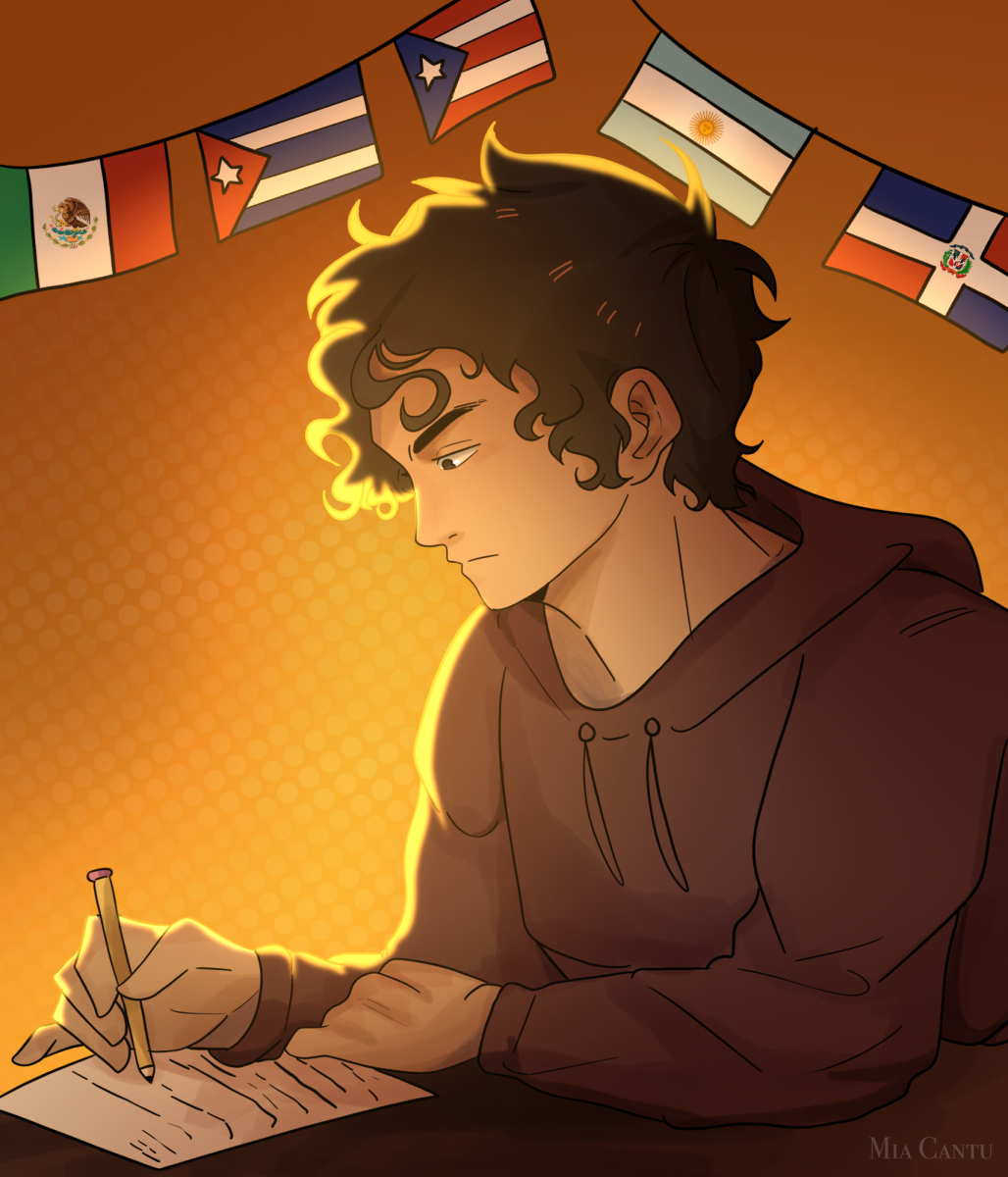The LBJ School of Public Affairs held a conference Friday to discuss violence immigrant women face along the U.S.-Mexico border.
Austin-area immigrants and people in careers affiliated with immigration addressed issues such as rape, domestic violence and other forms of violence experienced by women coming to United States from Central and South America. Speakers also addressed issues concerning women in U.S. immigrant detention centers.
Many women emigrating from their home countries have been victims of violence, and that victimization often continues after they arrive in the U.S., according to Laurie Cook Heffron, researcher program coordinator at UT’s Institute on Domestic Violence and Sexual Assault.
“These women are trying to flee a fearful situation, but the detention centers they are put in do not help,” Heffron said. “Issues of sexual abuse have been raised within these centers and requests are being made into these investigations. Other forms of domestic violence and control such as physical violence, emotional abuse, threats and coercion can be seen.”
Delfina Rossi, conference moderator and public affairs graduate student, said based from her own experiences and the experiences she has heard from others, she feels the U.S. has a responsibility to protect immigrant women.
“Wherever I have been, I am always an immigrant woman,” Rossi said. “As a feminist, we should all advocate for a better society where women don’t have to flee their country because they are afraid to be killed. The U.S. should be held responsible for violations of human and women rights.”
Rossi said Grassroots Leadership, an organization working to reduce immigrant detention, will work with UT students to protest against the conditions of an immigrant detention center in Dilley, Texas, later this month.
According to Heffron, a bigger problem exists in the “Northern Triangle” — Guatemala, El Salvador and Honduras — where close to 50 percent of women experience domestic violence and there are some of the highest rates of femicide, or the act of killing women, in the world.
Ben Warner, a local counselor and therapist for couples and families, said he works with immigrant women to help provide them with a sense of safety.
“Many of these women when they come do not have what is necessary to help in a court setting,” Warner said. “Psychological testing can advocate for a client to be able to live here.”

















